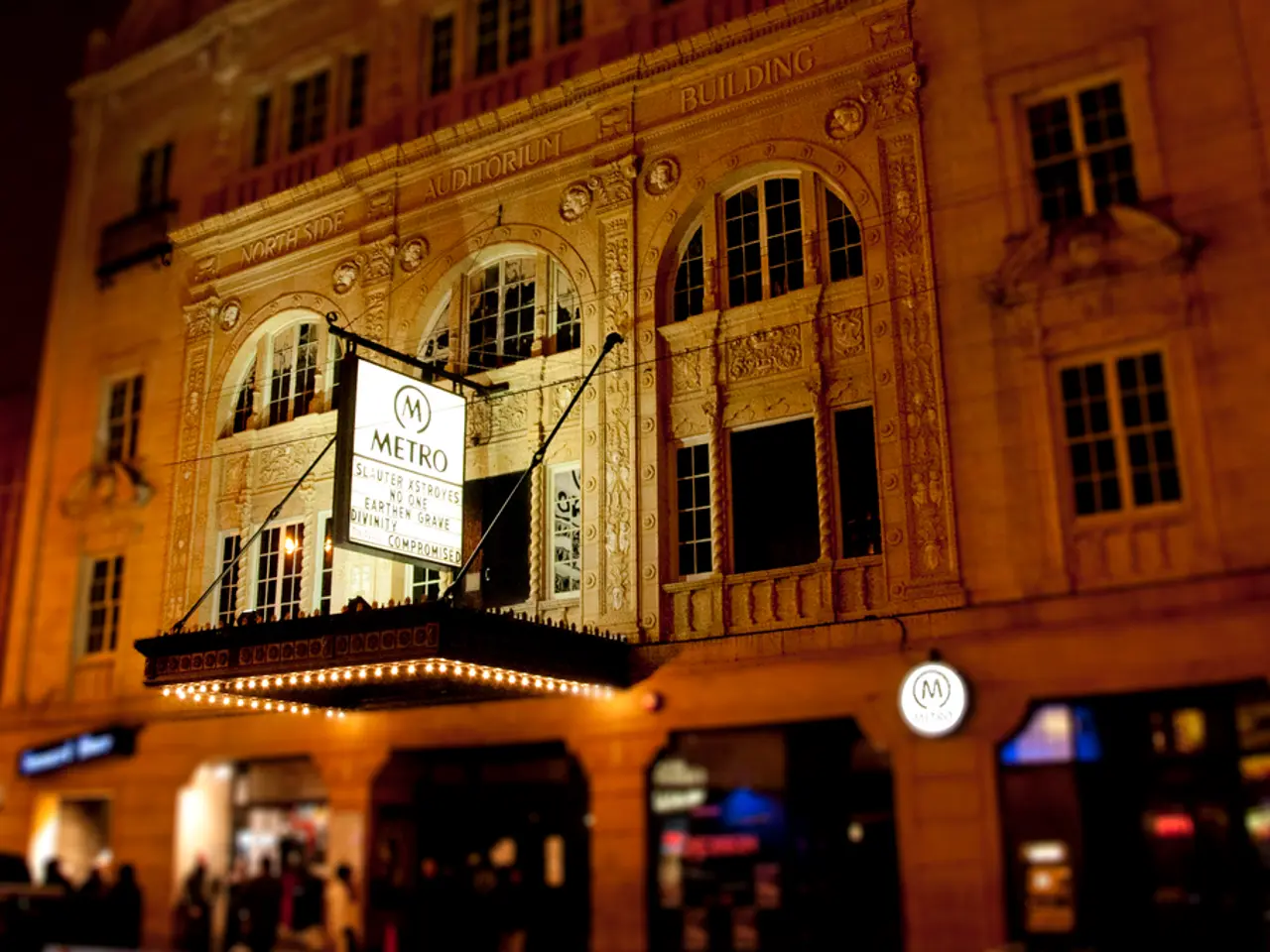City Council of Cambridge grants zoning modifications for Massachusetts Institute of Technology
In a significant move, the Cambridge City Council has given its approval for MIT's petition to transform 26 acres of property around Kendall Square. This three-year process, which included discussions within the MIT and Cambridge communities, a first rezoning petition filed in April 2011, and a revised petition filed in December 2012, marks the beginning of an ambitious mixed-use development project.
The planned development encompasses new housing, retail, lab space, commercial facilities, and significant public open space. The primary objective is to enrich the connection between the MIT campus and the surrounding Kendall Square neighbourhood.
New residential units will be built alongside retail and commercial spaces designed to support both the local community and the innovation ecosystem (biotech and technology companies) concentrated in Kendall Square. Approximately 14 acres of public open space will be created to foster vibrant communal areas, enhance pedestrian access, and provide recreation opportunities.
A key feature of the development is a pedestrian-and-bike bridge spanning the commuter rail tracks, directly linking the MIT campus to adjacent neighbourhoods more seamlessly. This bridge, along with other infrastructure improvements like sidewalks and traffic adjustments, aims to facilitate safer, more convenient access for pedestrians and cyclists, further integrating the campus with Cambridge’s urban fabric.
The development supports Cambridge’s urban goals by fostering dense, transit-oriented, mixed-use growth while addressing housing needs. It reflects an intention to balance lab and commercial demand with new residential offerings, helping to sustain Kendall Square as a dynamic innovation hub.
MIT has stated a commitment to small and independent retailers, with an emphasis on needed neighbourhood amenities such as an urban grocer and a drug store. The development also preserves MIT's existing rights to build 800,000 square feet of academic capacity.
In consideration of its receipt of rezoning approval, MIT has agreed to offer $14 million of community support to the City of Cambridge. The petition is estimated to add about $10 million annually in new tax revenue for Cambridge, as well as $9 million in new permit fees.
The development has wide support in the Cambridge community, including from the Kendall Square Association, the Central Square Business Association, the Cambridge Chamber of Commerce, and A Better Cambridge Neighborhood Association. The graduate student council has passed a resolution supporting the petition, with conditions for preserving affordable housing for graduate students and their inclusion in the development and planning process.
The transformation received support from Governor Deval Patrick's administration, represented by Gregory Bialecki, the state secretary of housing and economic development. The development aims to enliven the area and better connect the campus to the neighbourhood and business district in five ways: transforming Main Street, creating a new gateway around the Kendall Square MBTA station, strengthening the connection with the Charles River, creating an outdoor extension of MIT's Infinite Corridor, and enhancing Broad Canal Way.
MIT President L. Rafael Reif expressed gratitude towards the City Council and the people of Cambridge for approving the petition. The project is estimated to create 2,500 permanent new jobs, and about 1,300 construction jobs for the project.
As construction activities are actively underway, the community can look forward to a more integrated, vibrant, and dynamic Kendall Square in the coming years.
- The MIT campus's connection to the Kendall Square neighborhood will be enhanced through an ambitious mixed-use development project, following the Cambridge City Council's approval of MIT's petition.
- The planned development will include new housing, retail spaces, lab space, commercial facilities, and significant public open space, all designed to support both the local community and the innovation ecosystem.
- Approximately 14 acres of public open space will be created to foster communal areas, improve pedestrian access, and provide recreational opportunities.
- A pedestrain-and-bike bridge is a key feature of the development, aiming to link the MIT campus more seamlessly with adjacent neighborhoods.
- The development supports Cambridge’s urban goals by fostering dense, transit-oriented, mixed-use growth while addressing housing needs and balancing lab and commercial demand with new residential offerings.
- In exchange for rezoning approval, MIT has agreed to offer $14 million of community support to the City of Cambridge, and the development is estimated to generate about $10 million annually in new tax revenue and $9 million in new permit fees.
- The graduate student council has passed a resolution supporting the petition, with conditions for preserving affordable housing for graduate students and their inclusion in the development and planning process.




